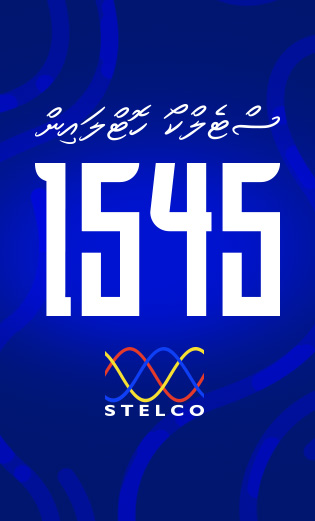Ramadan is a month Muslims dedicate to fasting during the daylight hours. While the main essence of Ramadan and fasting is the complete dedication to worship and refraining from all habits that are useless or harmful, refraining from food and drink is the aspect of fasting that takes a toll on you physically. So it is encouraged to take extra care to nourish and hydrate your body well in the non-fasting hours.
The best way to prepare your body and mind for the next days fast is to be mindful about what and how you consume during the night for iftar and suhoor. Practicing good eating habits and maintaining a healthful diet is best. Not overeating in one sitting and eating slowly will aid digestion and pacing your water consumption to last the night will help you hydrate properly. Avoiding sugary drinks and salty foods will also help your body to stay hydrated through your fast.
Dates and water are a great way to break your fast and it is a beloved tradition since the time of Prophet Muhammad. Dates gently break your fast, provides natural sugars to boost your energy and is rich in minerals and fibre. Breaking your fast with other fruits like apricot, raisins, prunes and figs also provides similar benefits.
Other foods that will be gentle on your digestive system after a day of fasting is, easily digestible carbs like lentils and pasta, protein rich and healthy fats like eggs and avocados and cooked starchy vegetables like potatoes. Soups will make a great iftar meal that you can incorporate most of these foods into as well as the added benefit of its broth for hydration.
For suhoor, choose meals that are starchy and high in fibre so that it provides energy, helps you remain full for longer and helps digestion. Whole-grains like oats paired with seeds, nuts and fruit is a simple meal that is perfect for suhoor. Fibre rich cereals that are fortified with vitamins and minerals with milk or yogurt is also another variation that is cheap, easy to put together and easy on your body. Rice, couscous and breads are also foods that can help keep you full for longer, but take care to pair those with dishes that are not too salty or heavy. Rice porridges and bread with lentil soups are some meals that fit the bill.
To reap the benefits of fasting physically and spiritually, you should keep your iftar and suhoor meals nutritious, minimal in budget and zero waste.






Advertisement